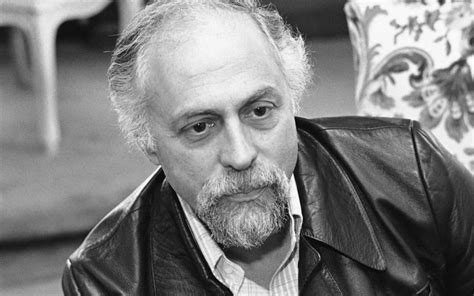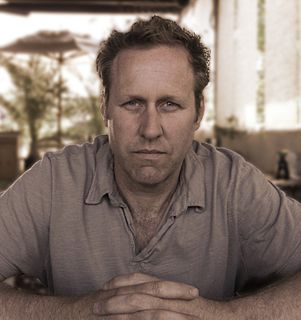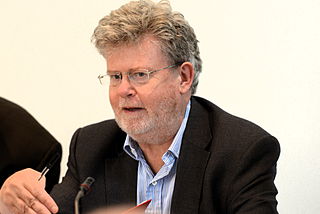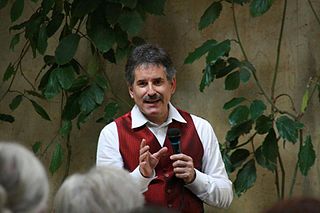A Quote by Alfred North Whitehead
Philosophy is the self-correction by consciousness of its own initial excess of subjectivity.
Quote Topics
Related Quotes
An honest self-portrait is extremely rare because a man who has reached the degree of self-consciousness presupposed by the desire to paint his own portrait has almost always also developed an ego-consciousness which paints himself painting himself, and introduces artificial highlights and dramatic shadows.
Dissident Natan Sharansky writes that there are two kinds of states - “fear societies” and “free societies.”… The two societies make up two kinds of consciousness. The consciousness derived of oppression is despairing, fatalistic, and fearful of inquiry. It is mistrustful of the self and forced to trust external authority. It is premised on a dearth of self-respect. It is cramped …
In contrast, the consciousness of freedom … is one of expansiveness, trust of the self, and hope. It is a consciousness of limitless inquiry … It builds up in a citizen a wealth of self-respect.
Realisation of love can never come so long as there is the least desire in the heart, or what Shri Ramakrishna used to say, attachment for Kâma-Kânchana (sense-pleasure and wealth). In the perfect realisation of love, even the consciousness of one's own body does not exist. Also, the supreme Jnana is to realise the oneness everywhere, to see one's own self as the Self in everything. That too cannot come so long as there is the least consciousness of the ego (Aham).
What we take ourselves to be doing when we think about what is the case or how we should act is something that cannot be reconciled with a reductive naturalism, for reasons distinct from those that entail the irreducibility of consciousness. It is not merely the subjectivity of thought but its capacity to transcend subjectivity and to discover what is objectively the case that presents a problem....Thought and reasoning are correct or incorrect in virtue of something independent of the thinker's beliefs, and even independent of the community of thinkers to which he belongs. (p. 71)
Christianity in the West, opens up a perspective of depth into what it means to be a self. And that depth of the self is something that is experienced in the sight of God. So that the great thinkers of self and subjectivity are Paul and Augustine. They look at the self from the perspective of God and they find themselves wretched and interesting. Constituted by conflictual desires.








































